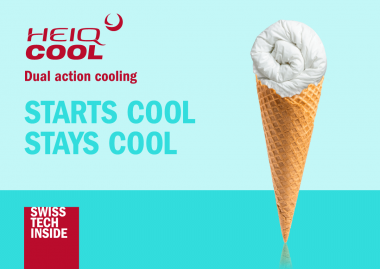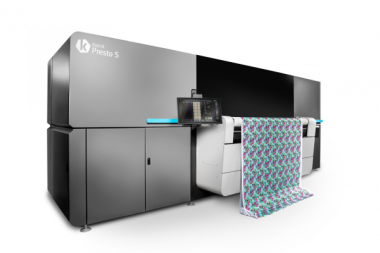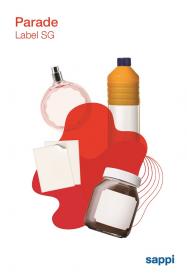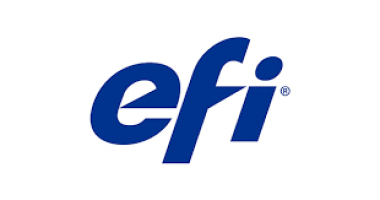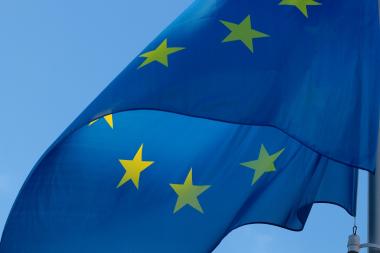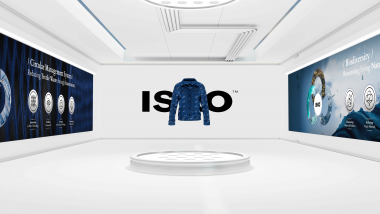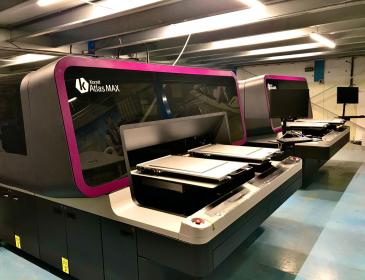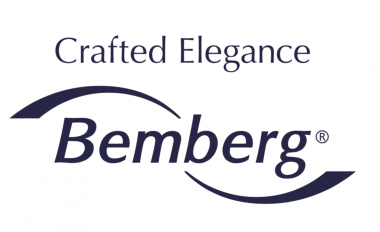Hohenstein joins Texbase Connect
Texbase, Inc., a cloud-based data management platform for the textile and consumer product industries, announces a collaboration with the global textile testing partner, Hohenstein.
As a Texbase Lab Connect partner, Hohenstein customers can collaborate, send test requests and receive test reports within Texbase Connect. In addition, data export files for digitized materials can be attached to their specific materials in the system. “Texbase has facilitated an improved workflow for our brand customers. Adding this system to our earlier OEKO-TEX® CertLink project gives our partners easy access to the data they need - in one location - instead of having to manage multiple emails," said Ben Mead, Managing Director, Hohenstein Institute America.
Hohenstein is a global leader in textile testing and innovation, specializing in applied research and development around the human - textile - environment interaction. Their lab testing determines compliance with legal requirements, standards, international specifications and internal quality guidelines. Hohenstein validates performance and safety claims through standard and customized testing and certifications.
Hohenstein and Texbase will both be exhibiting at the upcoming Outdoor Retailer/Snow Show on January 26-28th.
Hohenstein





